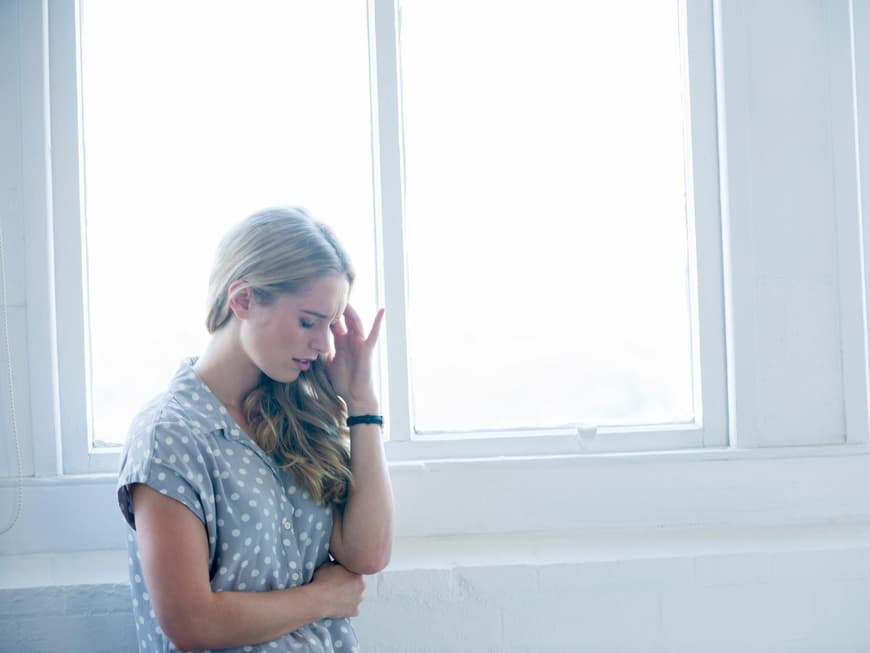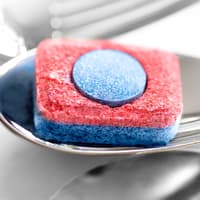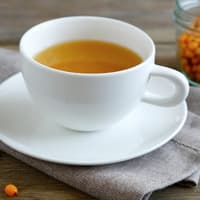
Many women between the ages of 20 and 40 suffer from PMS, the days before your period. Common PMS symptoms include: low mood, exhaustion, breast tenderness and abdominal pain. What helps with PMS treatment?
Too little oestrogen
PMS is not a disease, but it makes life really difficult for the women affected. Despite years of research, the causes are still not really known. But one thing is clear: there are many triggers, both psychological and physical. Scientists therefore speak of a multifactorial disorder: the hormonal balance in the brain is upset and oestrogen levels drop. Alcohol, nicotine, sugar, caffeine and too little exercise can further exacerbate PMS symptoms.
Extreme symptoms
80 percent complain of PMS. The symptoms occur around 14 days before the start of menstruation. Around five percent of women suffer from symptoms so severe that they affect their everyday and professional lives.
PMS treatment: exercise helps
Exercise can help prevent and alleviate PMS. A progestin-containing contraceptive pill also alleviates the symptoms. For some women, the natural remedy monk's pepper (pharmacy) helps as a PMS medication to get the symptoms under control. The gynecologist is best placed to assess which therapy is best suited for PMS treatment.






